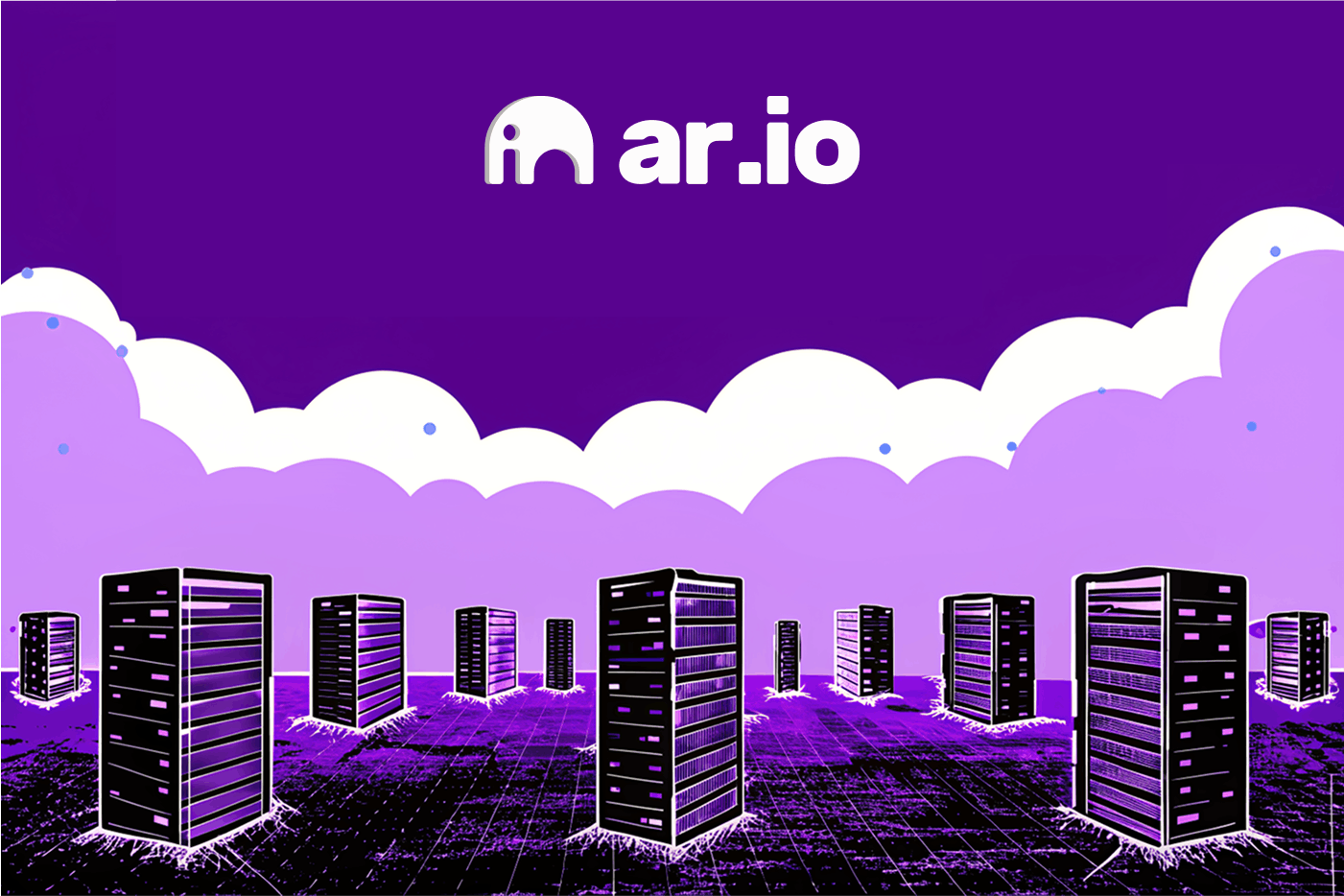The cloud storage market is forecasted to grow by nearly 20% over the next five years, to reach nearly
And this is not to mention the manipulation of information that is possible through these huge centralized providers that control so much of the global internet alongside rampant, government-backed censorship and, often, simple human error that can have catastrophic consequences.
Indeed, the power of centralized cloud providers means that a slip of a developer’s finger can result in huge data loss, as was
Big Tech can, will, and does delete your data
Indeed, centralized cloud storage providers like AWS and Google Cloud, for example, are essentially black boxes that do not provide their clients with any information on how the network is run, no guarantees against tampering, nor of data permanence.
Indeed, since these hyperscalers all operate through subscription models, data is only ever stored as long as companies or individuals continue paying, even if the data is of public interest. One of the reasons the internet is plagued by
The problem is further exacerbated by high switching costs, which lock in data storage consumers who face bills they can’t understand. For example, AWS S3 storage bills are notoriously complex due to the different pricing schemes for __storage, transfer, and retrieval, __including fees for deleting data from certain products.
Blockchains can – and are – being built to never lose your data
Thanks to its decentralized nature, inherent immutability, and censorship resistance, blockchain technology can potentially solve a number of these issues. Indeed, we have seen a swathe of web3 projects launch solutions that have tried to meet evolving cloud storage needs to varying degrees.
These include peer-to-peer cloud storage network IPFS. Essentially a file-sharing system, IPFS relies on individuals running client software on their devices to make storage space available. While it’s decentralized, though, it doesn’t prevent failure, as several NFT projects learned in 2021 when
Indeed, in a March test, the team behind permanent cloud storage network AR.IO queried 15,000 randomly selected ENS records that pointed to IPFS Content Identifiers (CIDs) and attempted to fetch each CID through two major public IPFS gateways. Roughly one in four (25%) either timed out or failed to resolve at all, highlighting how availability can depend on which gateways are still caching or pinning the data.
AR.IO – the world’s first permanent cloud network
Other decentralized storage networks come with the same set of issues. Neither Sia nor Storj, for example, provides assurances for long-term storage, and both rely on consistent consumer payments. The only option in the market that’s built differently is
Unlike Storj and Sia, the AR.IO team didn’t bootstrap a network of storage providers, but rather built its product based on an established permanent data storage network: Arweave. When storing data on Arweave, consumers pay once and receive a guarantee that their data will be preserved for at least 200 years.
Yet, interacting with Arweave directly can be an arduous task, especially for those not familiar with blockchain technology.
That’s why AR.IO created a better way to interact with Arweave by powering both the upload and retrieval of data – the “in” and “out” of the blockchain. When using AR.IO, technical complexities are abstracted away without compromising on Web3’s values of transparency, censorship resistance, and self-sovereignty.
AR.IO is the only cloud network for permanent data storage
AR.IO has created the first cloud network that allows users to store their data permanently. As long as the data exists, it remains accessible on Arweave indefinitely thanks to content-based retrieval and a global network of gateways. In comparison, other decentralized storage providers still rely on location-based retrieval.
At first glance, centralized providers like Amazon Web Services (AWS) S3 may appear cheaper for storing 1GB of data at $0.276/year vs. $9.20 currently on Arweave. However, assuming light regular access to the data of 1,000 requests/month, the break-even point is reached after 11 years. And that’s without calculating the costs saved by reducing admin overhead.
Src:
However, uploading data is just one part of the equation; the other is enabling quick data retrieval, especially for dApps. To achieve that, the AR.IO team built a network of independent gateway operators that index, cache, and serve data that relies on a network that enhances reliability, ensures high availability, improves the system’s security, and removes single points of failure.
Scalable data access
Access is further enhanced through AR.IO’s support for AO computer – a decentralized compute layer built on Arweave that enables developers to parallelize data streams, schedule apps to run autonomously, and interact with stored data in real-time. When storing on AR.IO, developers aren’t locked into Web3; they can easily combine and achieve interoperability with Web2 tools.
Another core product within AR.IO’s permanent cloud network is the Arweave Name System (ArNS) – a decentralized and permanent domain name service (DNS) that maps human-readable names to content on Arweave. Unlike other Web3 naming systems that primarily function as wallet addresses, ArNS is built for composability and can be integrated into applications, protocols, and websites. If more people adopted ArNS as their DNS model, the internet’s current problems with link rot would be radically reduced thanks to permanent data storage, immutability, and global accessibility.
Losing important data can be a thing of the past
The internet is an incredible source of knowledge, however, it was not built to last, and – because of this – we risk losing vast amounts of it if data is stored impermanently. The
Currently, in the US, we are also seeing a huge amount of data being deliberately deleted from public records, including healthcare information and vast amounts of government data. The loss of this data is the loss of knowledge, the historical preservation of truth, and, in turn, our power. The manipulation of public data is the manipulation of our society.
Permanent cloud data storage is the only medium by which we can ensure the preservation of this crucial data and AR.IO offers the only truly permanent, decentralized, and censorship-resistant cloud storage network. Compared to any other cloud — be it Web2 giants Google, AWS, or Web3’s IPFS — AR.IO alone empowers individuals and organizations to store and access data without the risk of loss or manipulation.
With our advanced integrations, user-friendly ArNS domain name service, and the fact that we are grounded in Arweave’s “pay-once-store-forever” model, AR.IO is in a class of its own. For those concerned with the security and permanence of their data, AR.IO provides a viable and accessible alternative storage solution to centralized cloud providers.
If you have a project that aligns with AR.IO’s mission of getting permanent data storage into the hands of everyone, join us in building the decentralized web and apply for an AR.IO grant today: today:








